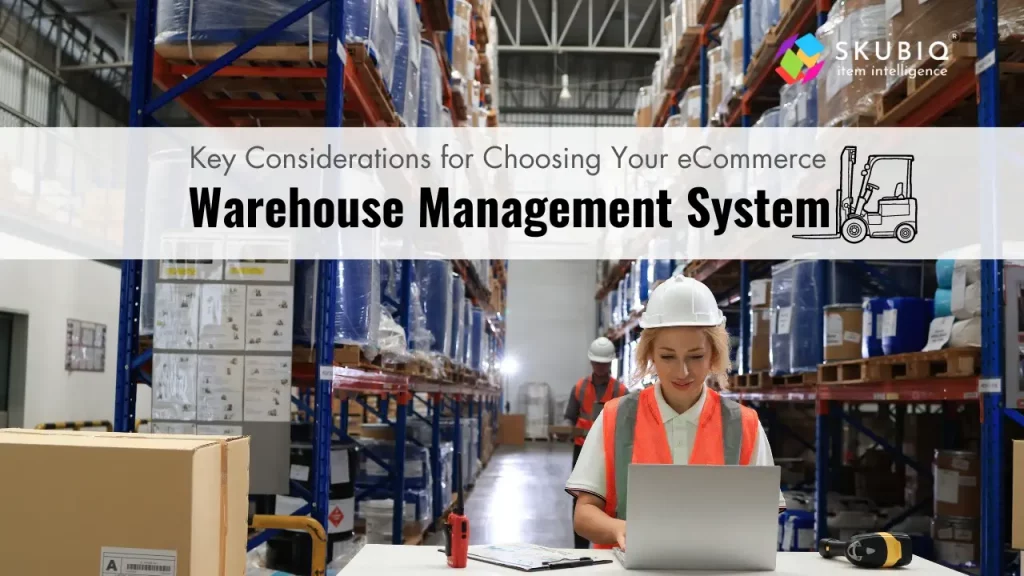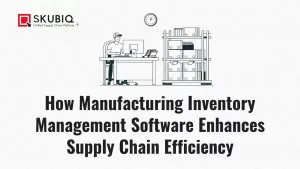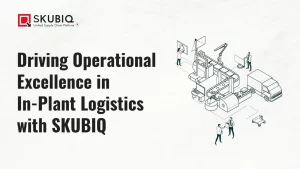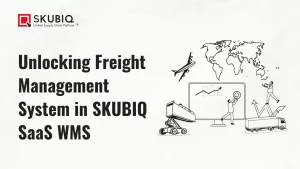In the dynamic landscape of eCommerce, efficient warehouse management systems (WMS) play a pivotal role in streamlining operations and ensuring customer satisfaction. As businesses continue to expand their online presence, the demand for robust eCommerce warehouse management systems is on the rise. Selecting the right solution is crucial for maintaining a seamless supply chain and optimizing overall performance. This article will delve into the key considerations that should guide your decision-making process when choosing an eCommerce warehouse management system.
1. Understanding Your Business Needs
Before embarking on the journey to find the ideal warehouse management system, it’s imperative to have a comprehensive understanding of your business requirements. Analyze your current and projected order volumes, the variety of products you handle, and the specific challenges your eCommerce warehouse faces. This introspection will serve as the foundation for identifying the features and capabilities your inventory management system should possess.
Product Lifecycle Analysis
- Evaluating the lifespan of products in your inventory
- Understanding the impact of product shelf life on storage and fulfillment processes
Order Processing Speed and Accuracy
- Assessing the speed at which orders are processed in the warehouse
- Ensuring high levels of accuracy in order fulfillment to enhance customer satisfaction
Integration with E-commerce Platforms
- Examining compatibility with your existing e-commerce platform
- Ensuring seamless integration for real-time order updates and inventory management
Customization and Flexibility
- Identifying the need for a flexible system that can adapt to changing business requirements
- Assessing the ability to customize workflows and processes to match specific business needs
Real-time Visibility and Reporting
- Prioritizing access to real-time data on inventory levels, order status, and warehouse performance
- Implementing robust reporting features for data-driven decision-making in warehouse management
2. Scalability and Flexibility
As your business grows, so should your warehouse management system. Opt for a solution that is scalable and can adapt to the changing needs of your eCommerce business. Scalability ensures that the eCommerce warehouse management system can handle increased order volumes, additional products, and new functionalities without compromising performance. A flexible system will accommodate your business’s evolving requirements and integrate seamlessly with other tools such as your ERP eCommerce system.
3. Integration Capabilities
Smooth integration with existing systems is critical for a harmonious workflow. Your chosen eCommerce warehouse management system should seamlessly integrate with your existing technology stack, including your inventory management system and ERP eCommerce solution. This integration streamlines data flow between different components of your business, reducing manual effort and minimizing the risk of errors. Look for a WMS that supports popular eCommerce platforms and can be easily customized to meet your unique integration needs.
4. Real-Time Visibility and Reporting

In the fast-paced world of eCommerce, real-time visibility into your warehouse operations is essential. Choose a warehouse management system that provides accurate and up-to-date information on inventory levels, order status, and other key metrics. Robust reporting capabilities enable you to make informed decisions, identify trends, and optimize processes. This real-time insight is invaluable for enhancing overall efficiency and meeting customer expectations.
5. User-Friendly Interface
The success of any technology implementation depends on user adoption. A user-friendly interface is crucial for ensuring that your team can quickly learn and effectively use the eCommerce warehouse management system. Consider solutions that offer intuitive dashboards, easy navigation, and a minimal learning curve. A system with a user-friendly interface reduces training time, minimizes errors, and boosts overall productivity in your eCommerce warehouse.
6. Automation and Robotics Integration

To stay competitive in the eCommerce landscape, automation is no longer a luxury but a necessity. Look for a warehouse management system that supports automation and robotics integration. Automated processes, such as order picking and inventory replenishment, can significantly enhance efficiency and reduce labor costs. The ability to seamlessly integrate with robotic systems ensures a future-proof solution that can adapt to the evolving trends in warehouse management.
7. Order Fulfillment Capabilities
Efficient order fulfillment is at the heart of eCommerce success. Your chosen eCommerce warehouse management system should optimize the order fulfillment process, from order receipt to shipment. Features such as order prioritization, wave picking, and automated order routing contribute to faster and more accurate order processing. Evaluate the system’s order management capabilities to ensure it aligns with your business’s specific requirements and customer expectations.
8. Inventory Accuracy and Control
Maintaining accurate inventory records is paramount for preventing stockouts, overstock situations, and order fulfillment errors. A robust inventory management system within your warehouse management system should provide real-time visibility into stock levels, track product movements, and support cycle counting. Accurate inventory control not only enhances customer satisfaction but also prevents financial losses associated with mismanaged stock.
9. Security and Compliance
In the eCommerce landscape, data security and compliance are non-negotiable. Your eCommerce warehouse management system should adhere to industry standards and regulations to safeguard sensitive information. Look for features such as role-based access control, data encryption, and audit trails to ensure the security of your warehouse operations. Compliance with regulations such as GDPR and industry-specific standards demonstrates the commitment of the WMS provider to data protection and ethical business practices.
10. Cost Considerations and Return on Investment (ROI)

While investing in a robust warehouse management system is essential, it’s crucial to consider the overall cost and potential return on investment. Evaluate the pricing structure of the WMS, including implementation costs, ongoing maintenance fees, and any additional charges for scaling or customization. Assess the potential benefits, including labor cost savings, improved efficiency, and increased customer satisfaction, to determine the long-term ROI of your chosen eCommerce warehouse management system.
Conclusion
Choosing the right eCommerce warehouse management system is a strategic decision that can significantly impact the efficiency and success of your online business. By considering factors such as scalability, integration capabilities, user-friendliness, and automation support, you can identify a WMS that aligns with your specific business needs. Prioritize real-time visibility, order fulfillment capabilities, and inventory accuracy to ensure a seamless and optimized eCommerce supply chain. With careful consideration and a focus on these key aspects, you can confidently select a warehouse management system that propels your eCommerce business to new heights of success.



